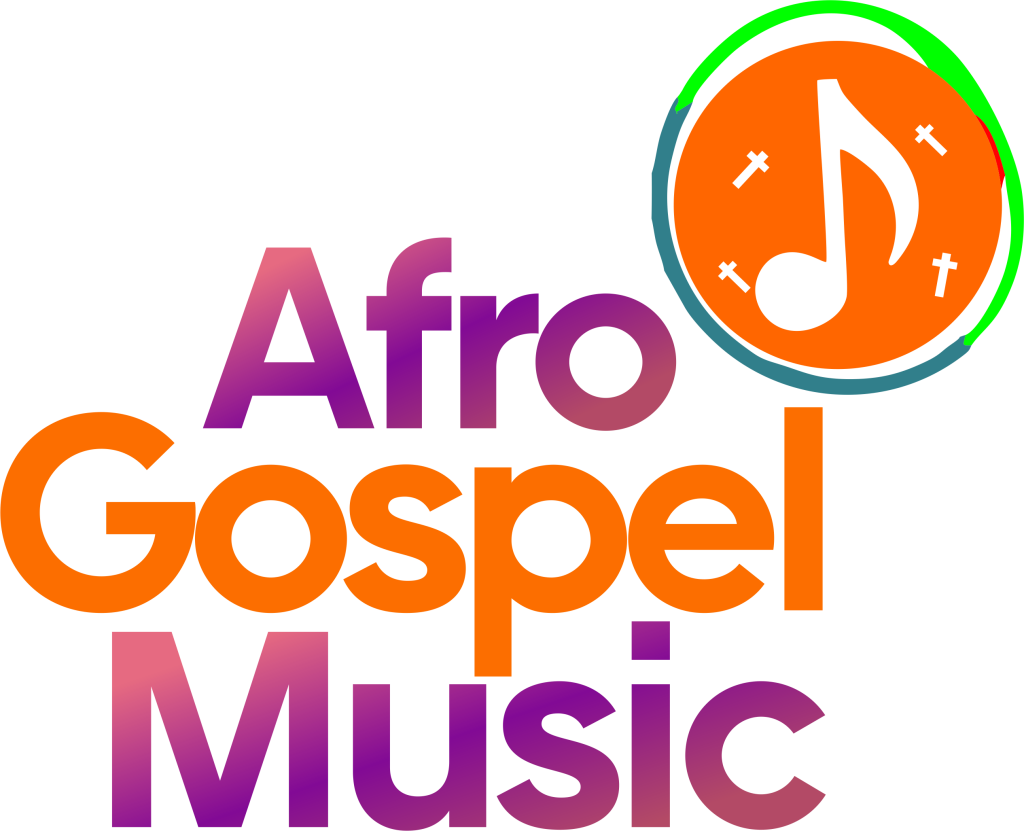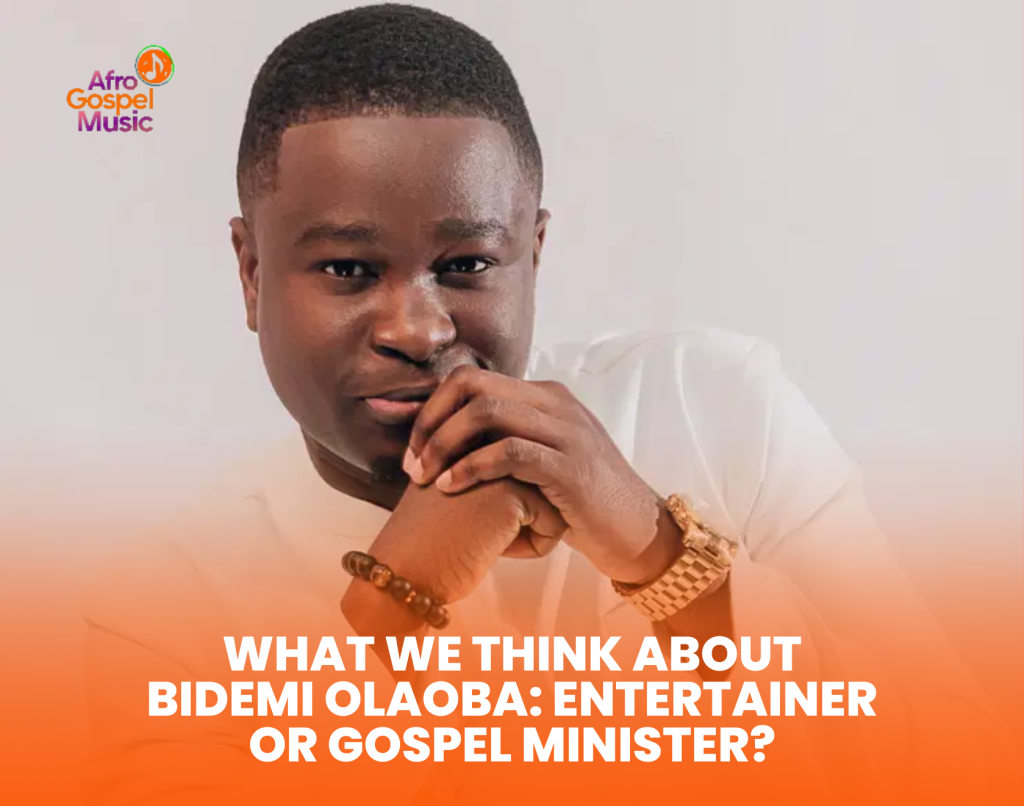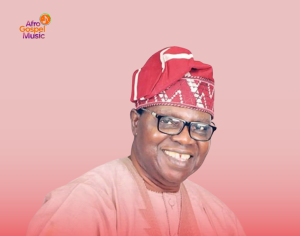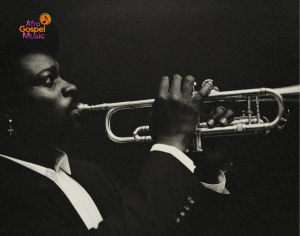Bidemi Olaoba is a widely recognized figure, loved by many both in Nigeria and internationally. He captivates audiences with his incredible energy during performances, engaging them in lively call-and-response interactions. His unique blend of contemporary gospel and high-energy praise music creates an atmosphere that truly energizes the crowd.
Read Also: Opinion piece: Should Afro-Gospel Artists Use Lyrics or Words from Secular Songs?
The discussion surrounding his role in the gospel music scene is quite intriguing. While many regard him as a gospel minister, there are those who view his music as leaning more towards entertainment. This raises an important question: is he merely an entertainer, or does he genuinely reflect the essence of a gospel minister?
Bidemi’s music journey kicked off back when he was a choir member and worship leader at Christ Apostolic Church (CAC). From there, he got involved in the music ministries of both CAC and the Redeemed Christian Church of God (RCCG). He’s dropped a bunch of songs and live performance compilations like “Ìwọ Tani”, “Give me Chance” ft Mercy Chinwo and “Isi Gini.” Bidemi has performed on some impressive stages too, like RCCG’s Marathon Praise and The Experience in Lagos, along with other awesome gospel events.
Watch Isi Gini
Bidemi Olaoba’s music is characterized by its high energy and vibrant vibe, which some listeners feel is more aligned with entertainment than traditional gospel music. Some people argue that his style focuses more on energizing the audience contrasting him with artists like Nathaniel Bassey and Dunsin Oyekan. The use of certain slangs in his performances is one aspect that has garnered mixed reactions from the audience as well. Quite a number of people view them as reflecting a more worldly or superficial style. This perception leads many to categorize him simply as an entertainer.
Many people believe that Bidemi Olaoba is more than just an entertainer. His high-energy songs are laden with scriptures, as he frequently incorporates Bible verses into his lyrics, occasionally quoting them verbatim. Some believe that this practice demonstrates his intention to spread the gospel, even if his style differs from traditional expectations. Moreover, gospel music does not have to fit a particular mold. Praise, as described in the Bible, involves joy, dancing, and celebration.
Watch Give Me Chance video here
The central issue here is the fine line between gospel music and entertainment. In a time when music significantly influences pop culture, many gospel artists are adopting contemporary styles to remain relevant. While some believe gospel music should be exclusively worship-based, others argue that there is room for diverse expressions of praise.
Read Also: 5 of Mike Abdul’s songs for your Gbedu Nights
Bidemi Olaoba’s style may not conform to the traditional mold of slow, reflective gospel music, but that does not mean he is not a gospel minister. His music resonates with people who might not connect with other forms of gospel music, and for many, this alone defines his impact. The perception of Bidemi Olaoba largely hinges on one’s viewpoint regarding gospel music. Some individuals see him as a skilled entertainer capable of captivating an audience, while others view him as a gospel minister employing a distinctive method to convey the message of Christ.







